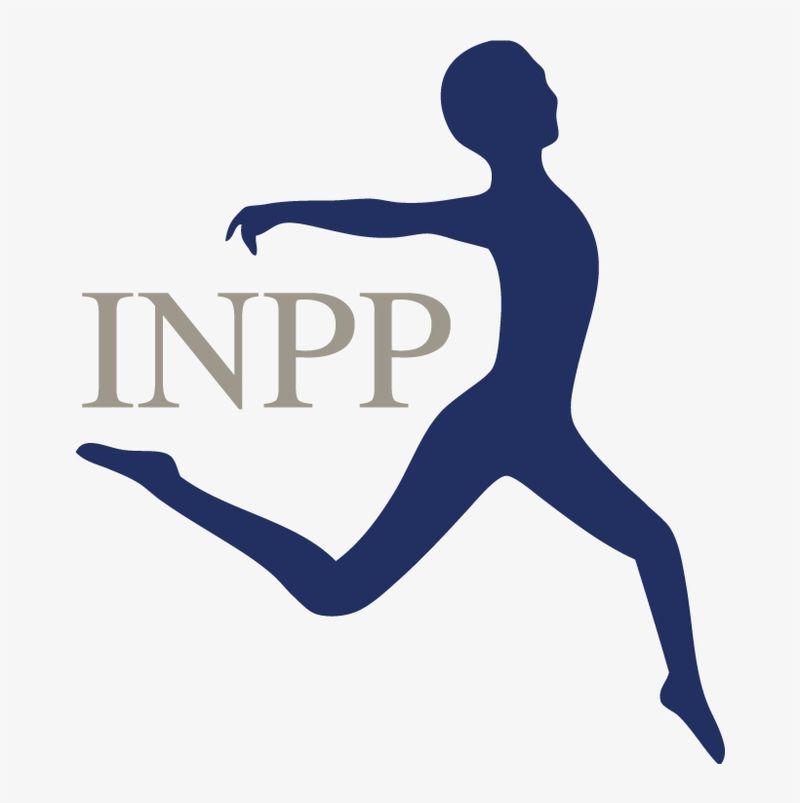INPP THERAPY PROGRAM

The INPP (The Institute for Neuro Physiological Psychology) program is a therapy that focuses on the treatment of specific neurological reflex patterns that are associated with various developmental and movement disorders.
Primitive and postural reflexes are early reflexes present in infants that play a crucial role in the development of motor and sensory systems.
Primitive reflexes are automatic movements that occur in response to specific stimuli and help the infant adapt to their environment. Some of the most well-known primitive reflexes include the rooting reflex, where an infant turns their head towards a touch on the cheek, the startle reflex, which causes the infant to flinch in response to a loud noise, and the Moro reflex, where the infant extends their arms and legs in response to a sudden loss of support. These reflexes are present at birth and typically fade away as the child develops.
Postural reflexes, on the other hand, are responsible for maintaining balance and stability. They involve the integration of sensory information from the eyes, inner ear, and muscles and joints to coordinate movement. Examples of postural reflexes include the righting reflex, which allows an infant to adjust their position in response to changes in their environment, and the equilibrium reflex, which helps the infant maintain balance when reaching for objects.
Both primitive and postural reflexes play a crucial role in child development, as they lay the foundation for the development of more complex motor skills, such as crawling, walking, and running. In children with developmental delays, the persistence or absence of primitive and postural reflexes can be an indicator of underlying issues, such as neurological or sensory processing disorders.
Therefore, it's important to assess and understand the presence and integration of primitive and postural reflexes in children as they develop, as they can provide valuable insights into their overall development and help identify any potential challenges early on.
The INPP program aims to identify and treat any persistent primitive or postural reflex patterns that may be contributing to an individual's difficulties. Treatment typically involves exercises and activities to stimulate and integrate the reflexes, and improve overall motor function and development.